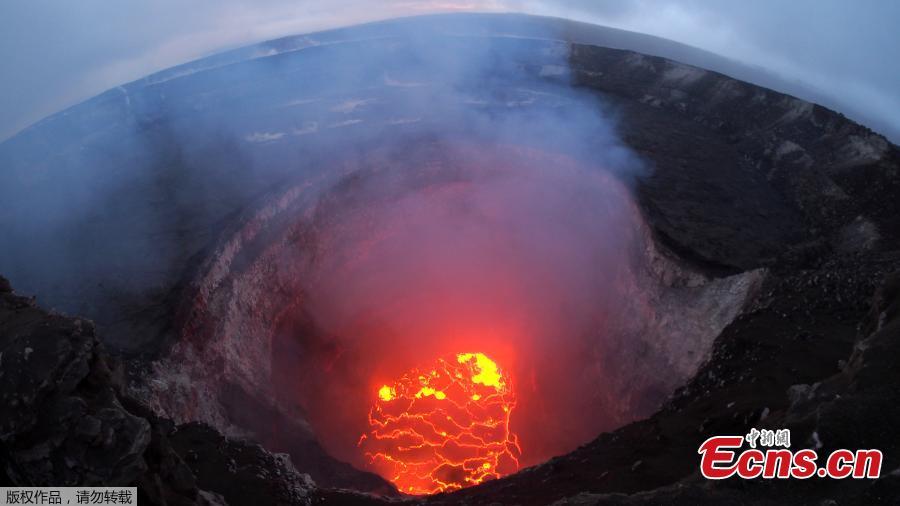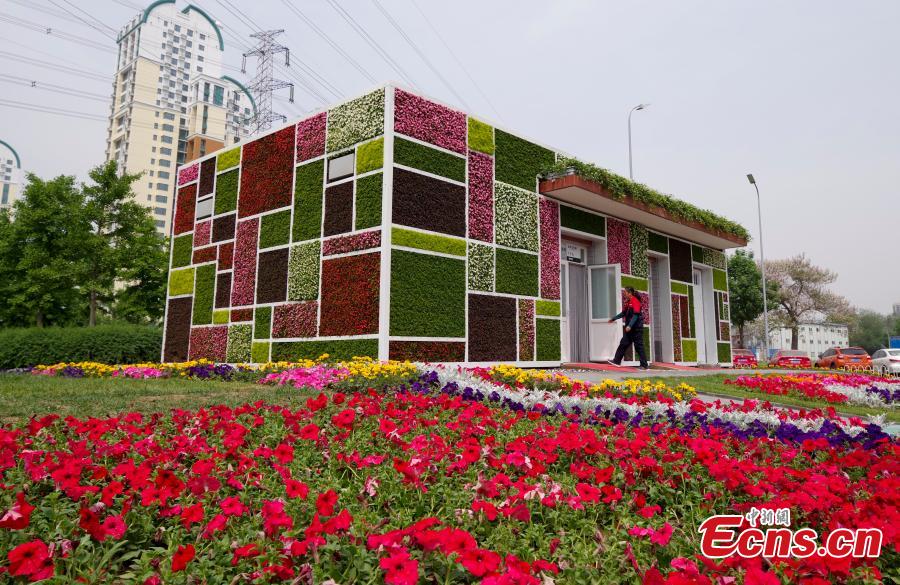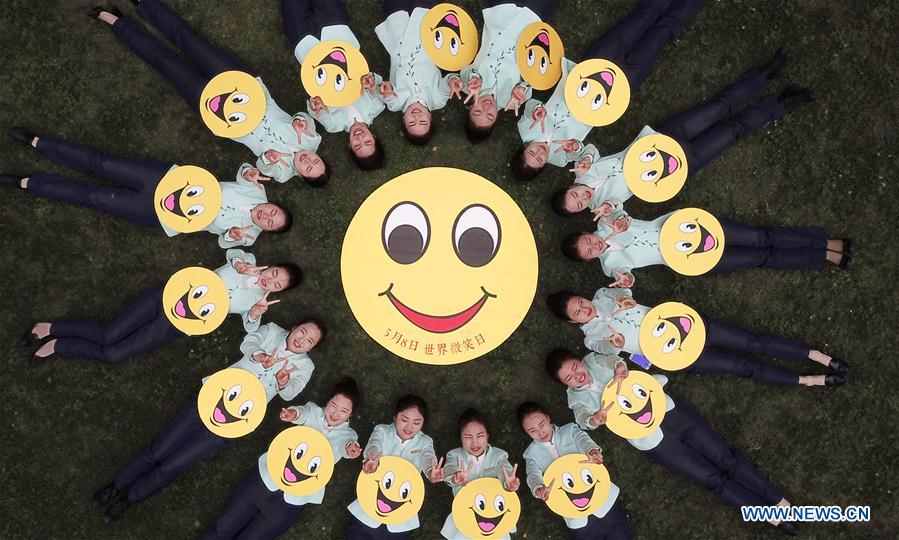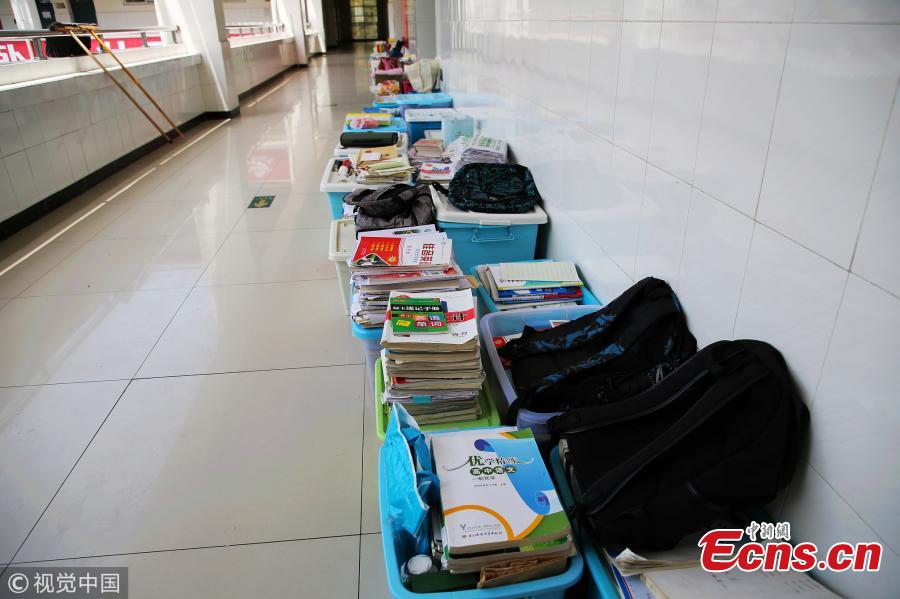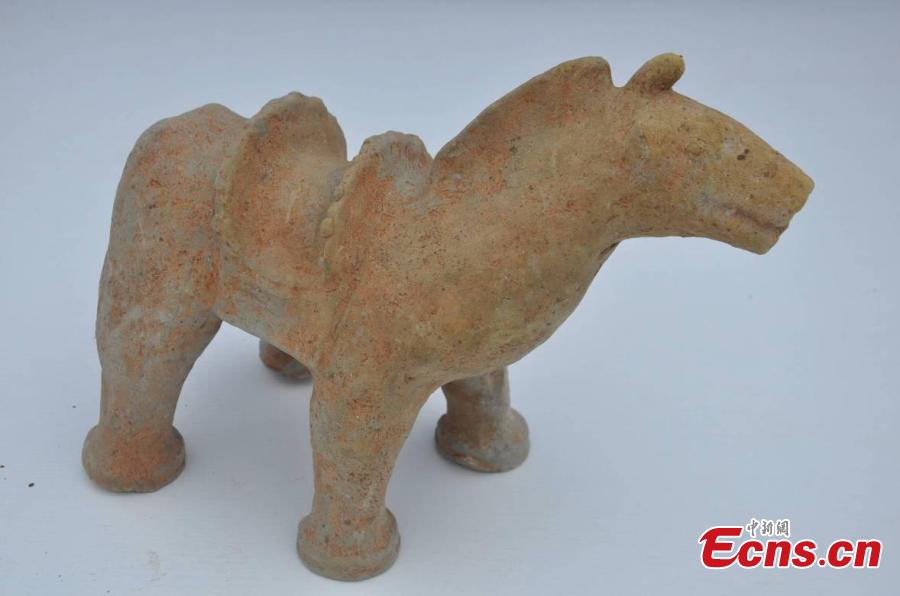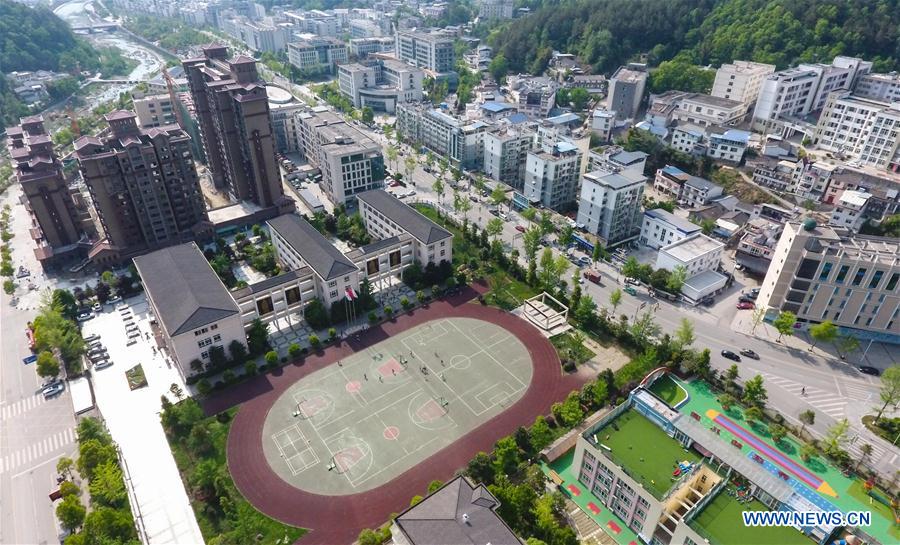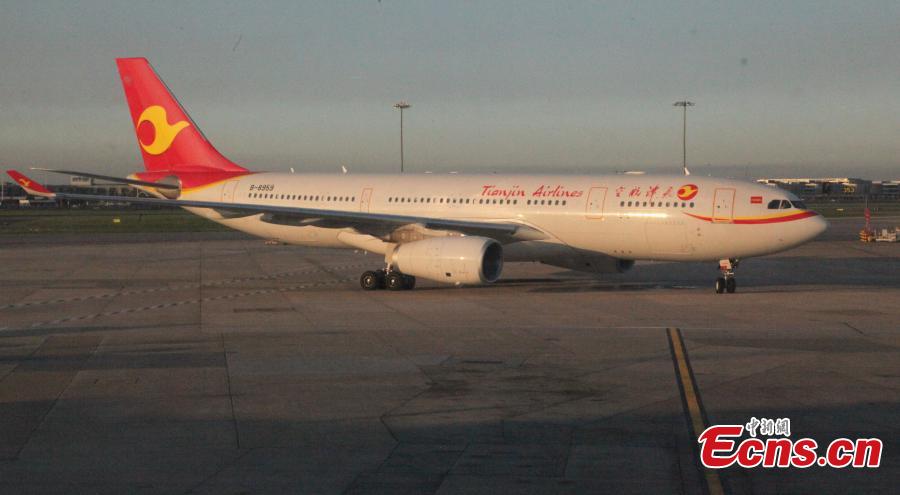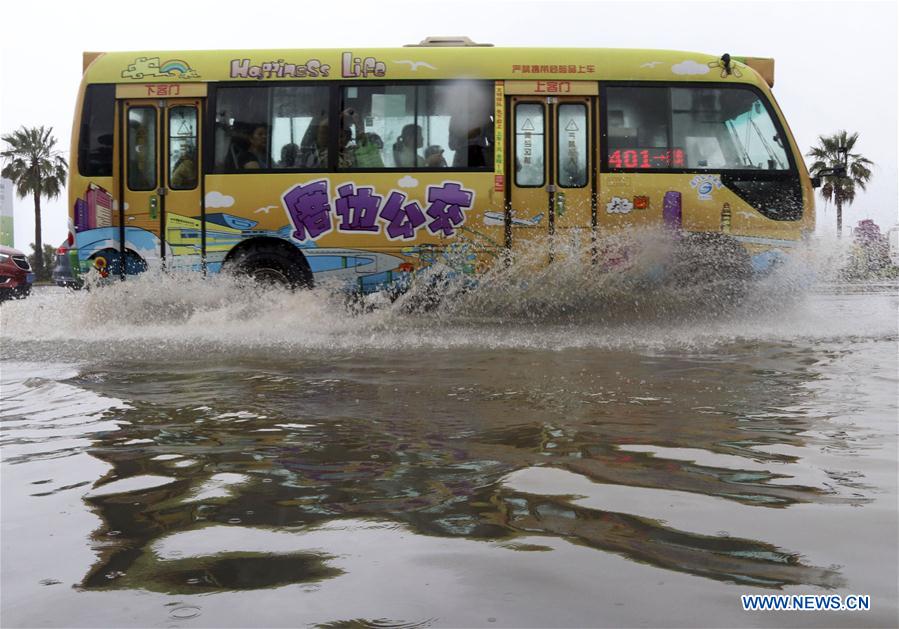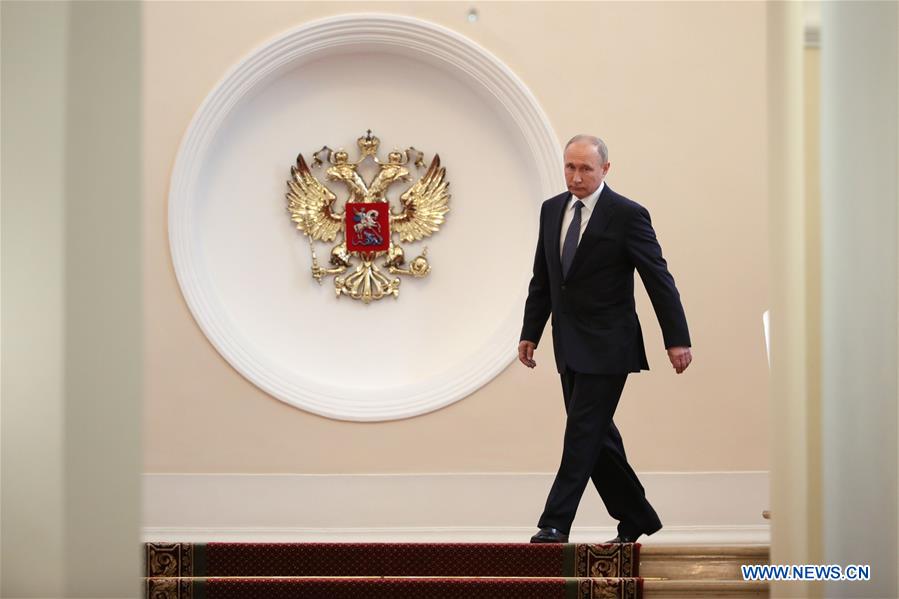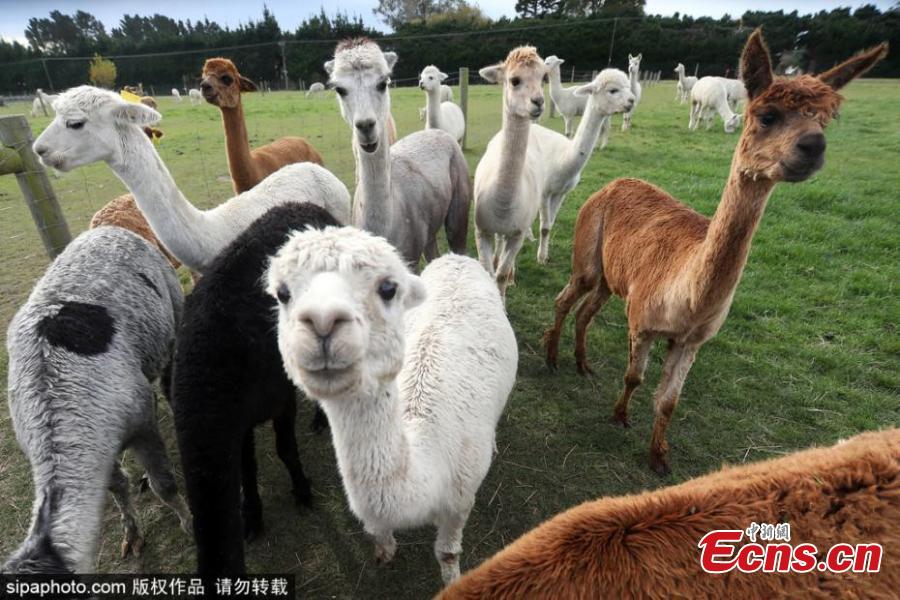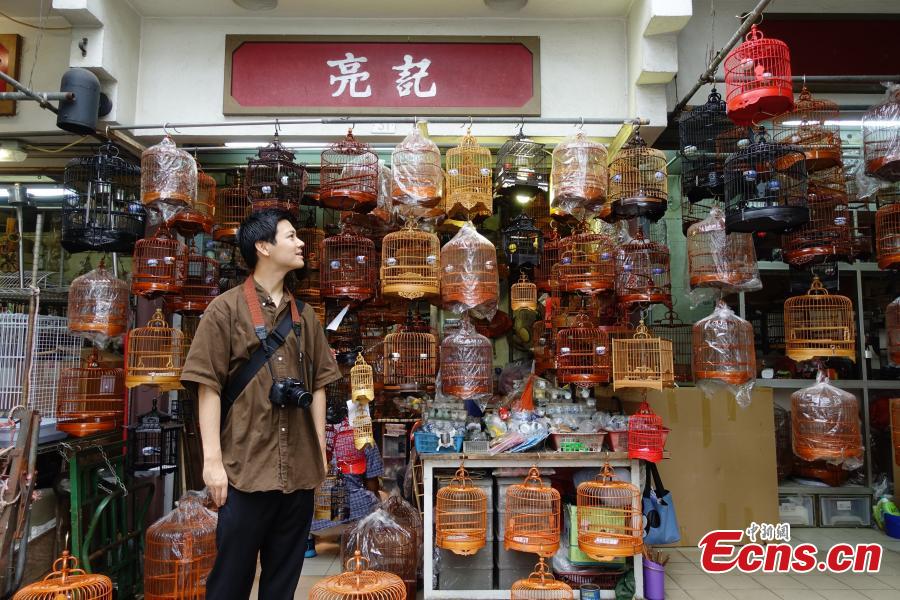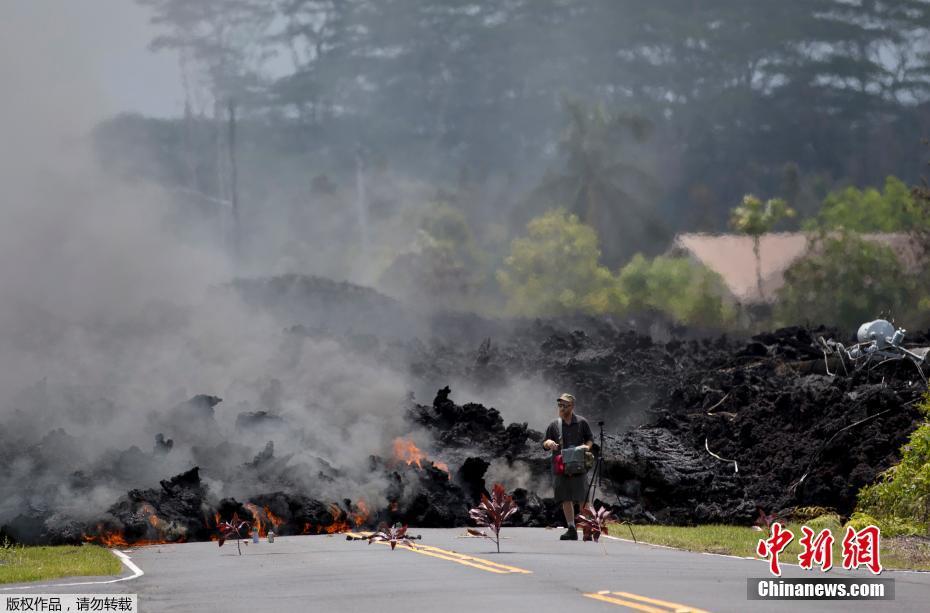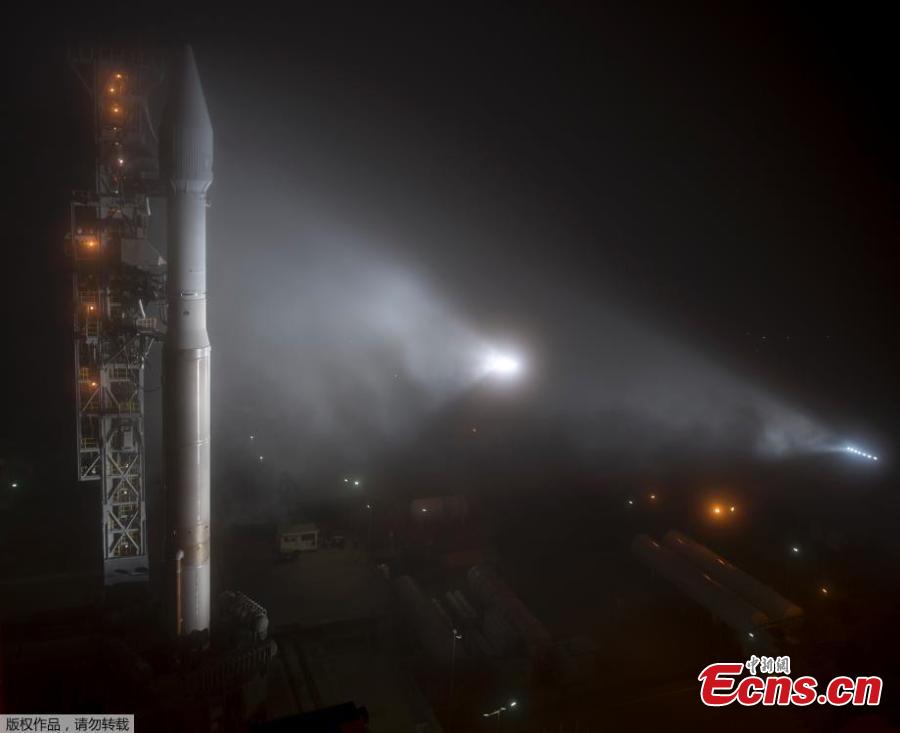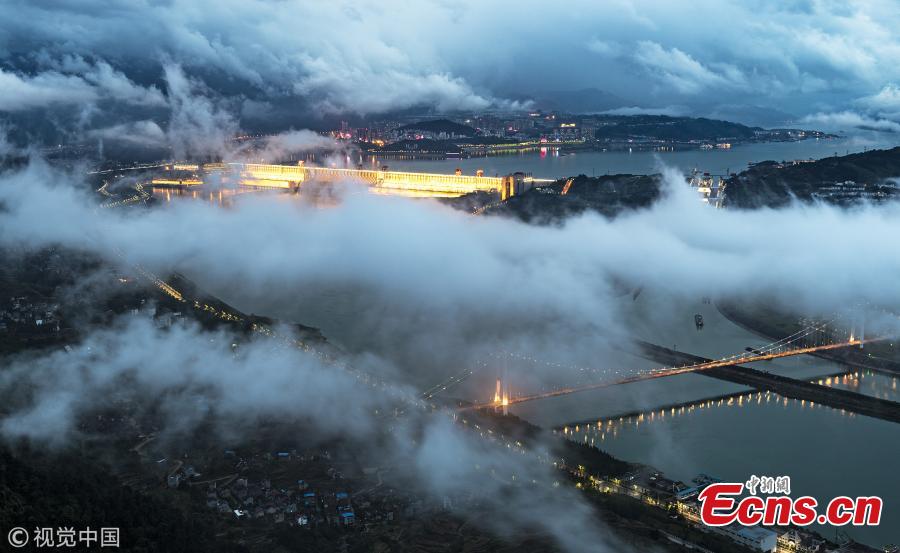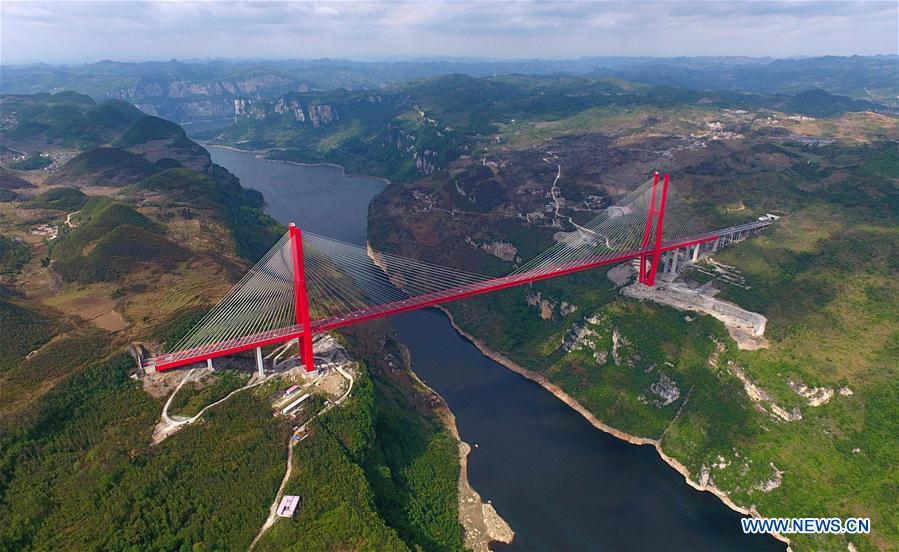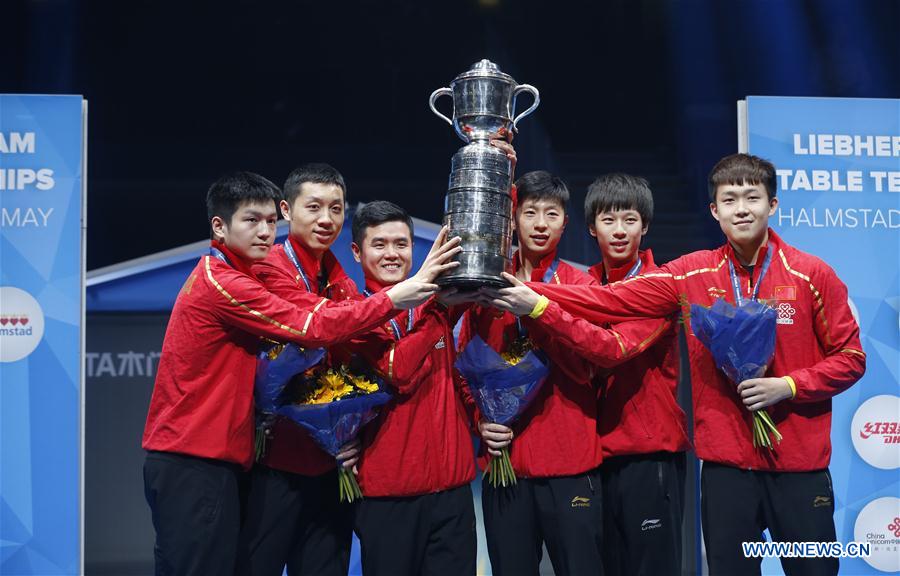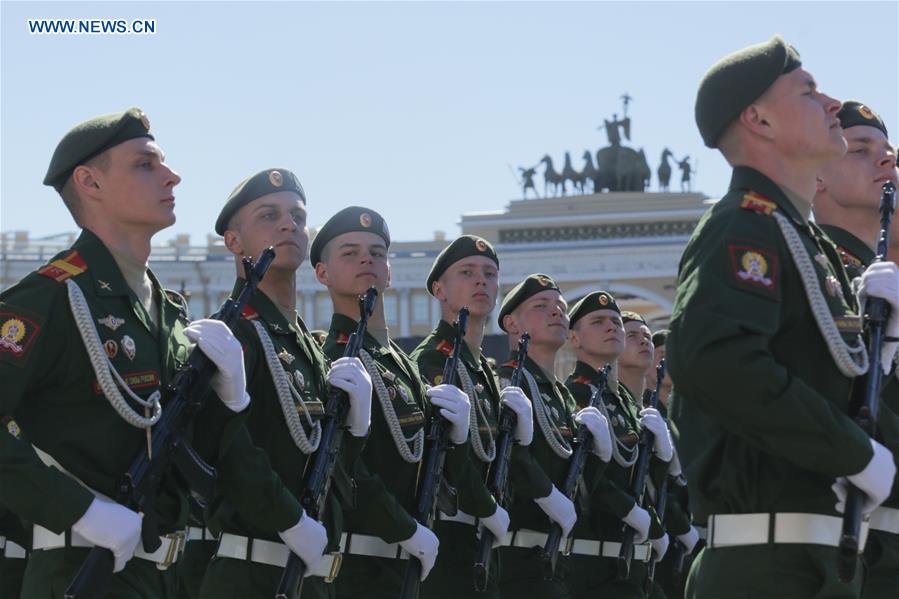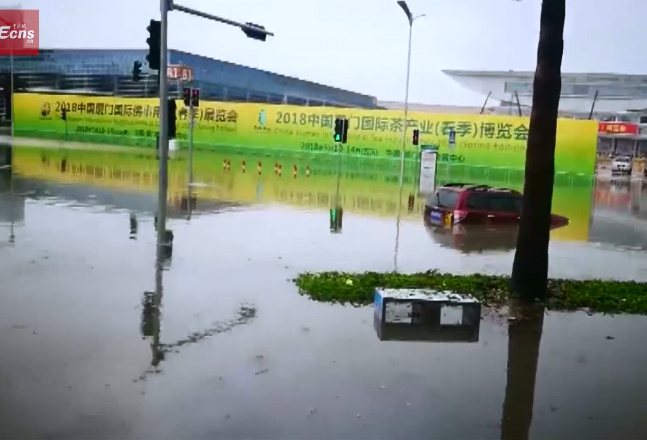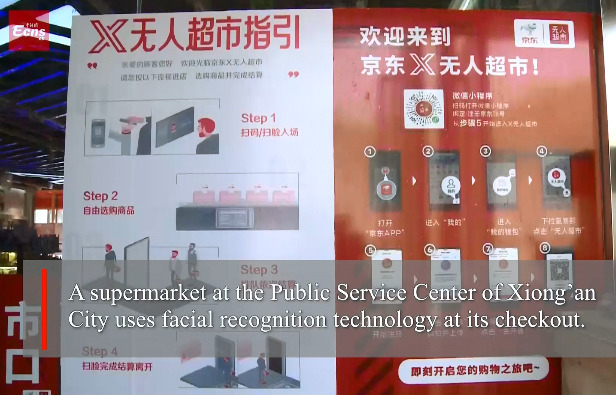Over the past five years, Chinese President Xi Jinping has visited 57 countries and received more than 110 foreign heads of state. [Special coverage]
Through his travels and diplomatic meetings, Xi has helped deepen the world's understanding of a rising China, reshaped the Asian country's new role on the world stage and offered new ways forward in tackling the most pressing global problems.
GROWING INTERNATIONAL INFLUENCE
U.S. think tank Atlantic Council released a report "Power and Influence in a Globalized World" in February, which shows China's impressive upward trajectory and increasing global influence in recent years.
China is undergoing a very critical transformation, that is, from "seizing opportunities" to "creating opportunities," said Zheng Yongnian, director of the East Asian Institute of the National University of Singapore.
Also, more observers worldwide agree that China is taking an active part in improving the current system of global governance, and "Xiplomacy" continues to deliver results and gain a broader international consensus.
For example, the Asian Infrastructure Investment Bank (AIIB), a China-initiated 84-member platform to support regional development, has funded projects that benefit tens of millions of people in the past two years. The AIIB embodies China's development philosophy and showcases China's spirit of the time, said AIIB President Jin Liqun.
In October 2016, The International Monetary Fund included the Chinese currency in its Special Drawing Right (SDR) basket, making the yuan one of the five reserve currencies fully endorsed by the 189-member organization. In January the same year, China had become the third largest member in the organization.
Last May, Xi hosted the Belt and Road Forum for International Cooperation in Beijing, which attracted over 1,600 representatives from more than 140 countries and 80-plus international organizations. This ushered in a new stage of promoting worldwide cooperation for the China-proposed Belt and Road Initiative. Xiplomacy has impacted all corners of the globe.
CONTRIBUTING TO GLOBAL GOVERNANCE
As the world faces the rising tide of anti-globalization and protectionism, as well as a worsening global climate situation, China has sought to provide alternative solutions for addressing these problems with an emphasis on equality, fairness and inclusiveness when working with other nations.
In January 2017, Xi delivered two landmark speeches in Switzerland, at the United Nations Office at Geneva (UNOG), and the World Economic Forum (WEF) held in Davos, respectively, outlining his ideas for tackling major world challenges and China's proposal for a global community with a shared future.
Xi's Davos speech is an important turning point for China's relations with the world, said Klaus Schwab, WEF founder and chief executive.
"The world is so big and faces so many problems, and the international community wants to hear China's voice and see China's solutions," Xi said. "China cannot be absent."









